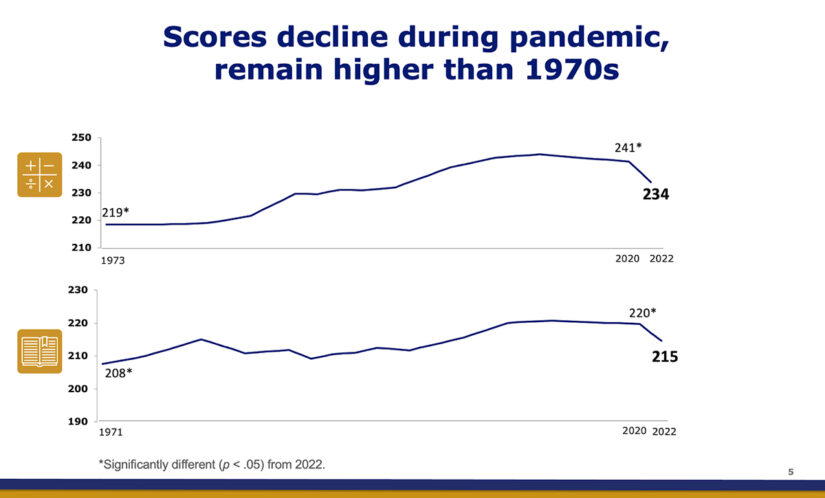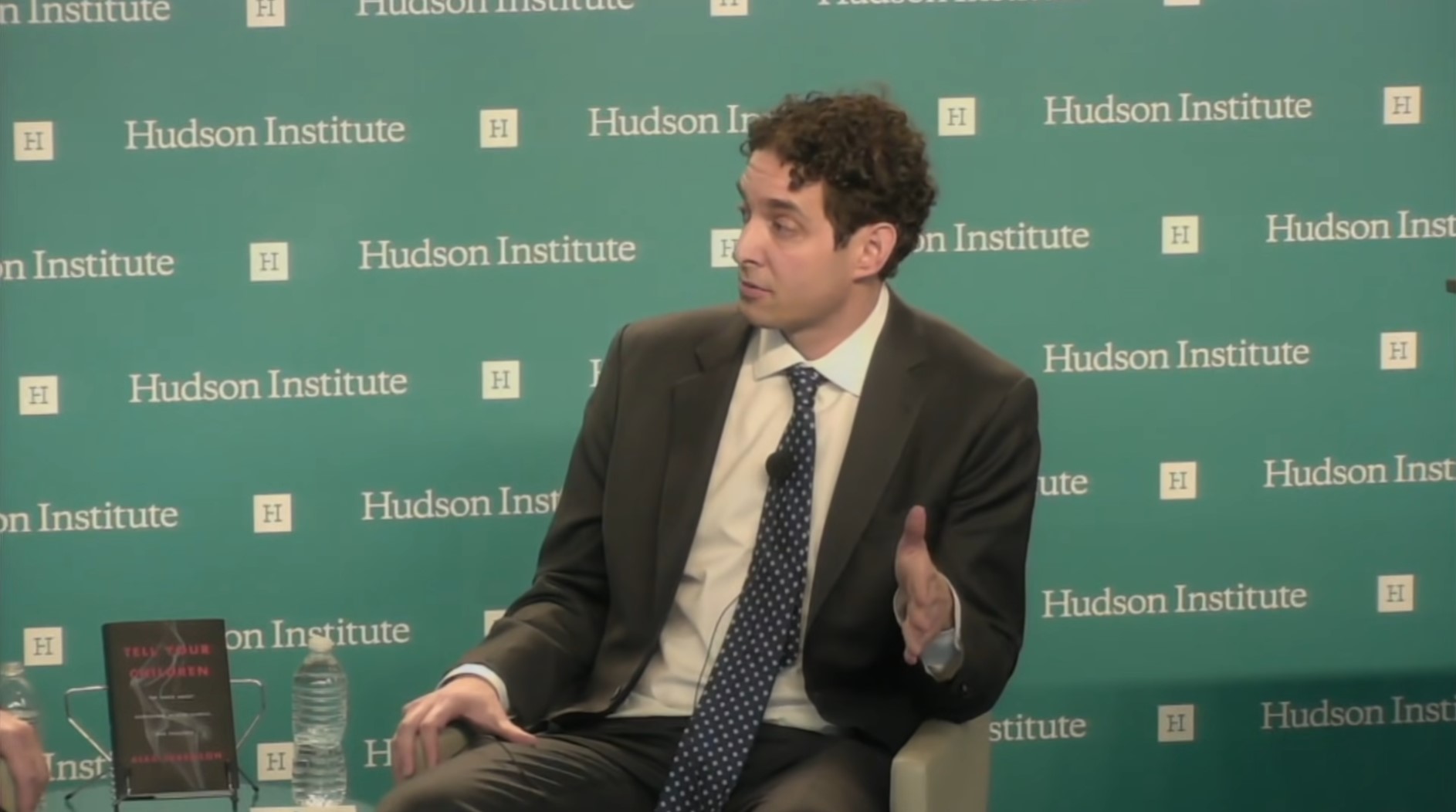Pick a fight you can’t win so devolve into name calling and Trump as if I give a shit about that douchebag.I ain’t saying shit dumbass, read, think, most people don’t. That’s why they are now trying to filter out disinformation. They didn’t in 2016 and look what happened we ended up with a self-obsessed, moron who stole state secrets. A guy who has been known to try to seek favor with murderous dictators. It will all be in the history books unless the morons continue to burn books, take away freedom and squelch democracy.
You are so TYPICAL and PREDICTABLE!
Ask Thibideaux what he thinks….




